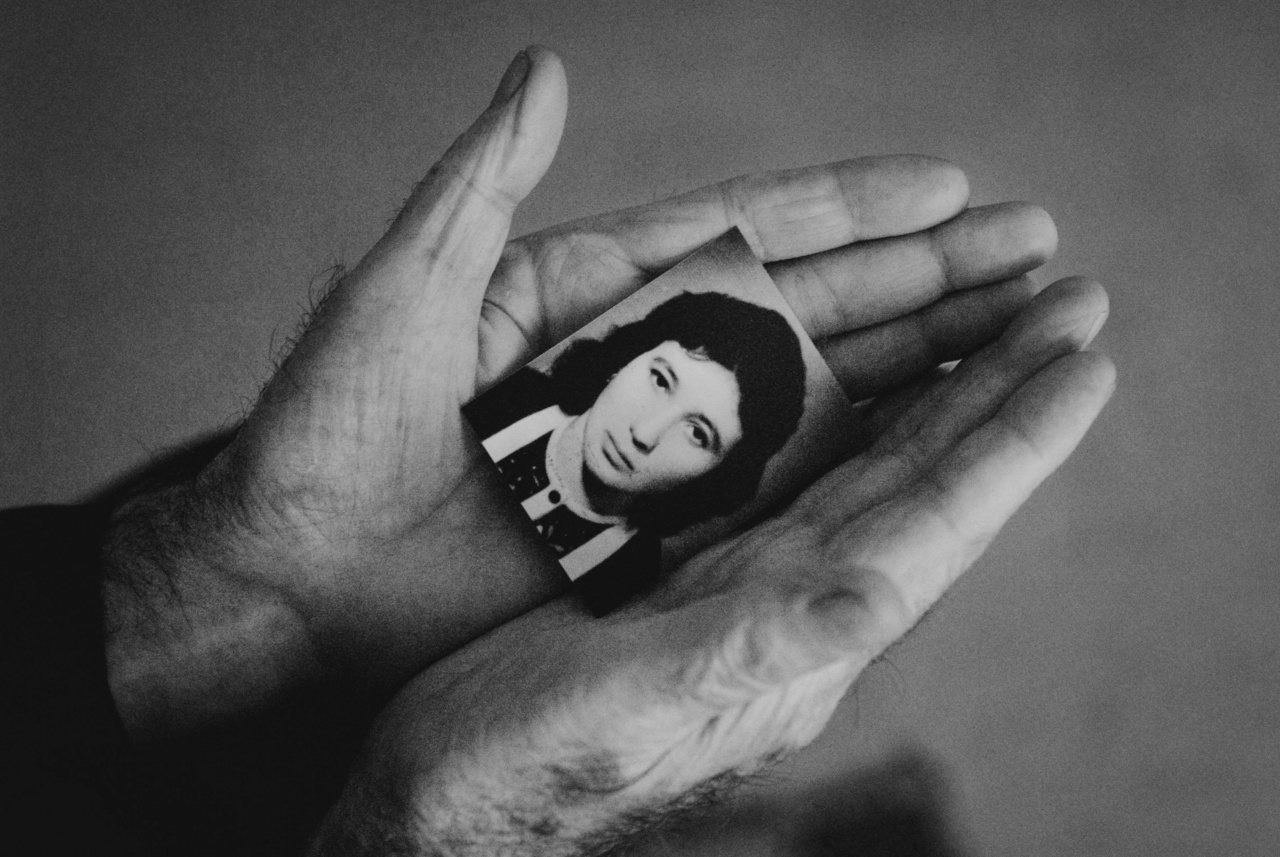According to a recent study, children of young and old parents are at an increased risk of developing bipolar disorder.
The study reveals that children born to parents who are younger than 20 or older than 50 are more likely to develop the mental illness than those born to parents between the ages of 20 and 50.
What is Bipolar Disorder?
Bipolar disorder is a mental illness that causes extreme mood swings, including periods of mania and depression. During a manic episode, individuals may feel highly energetic, impulsive and may engage in reckless behavior.
During a depressive episode, individuals may feel sad, hopeless and lose interest in things they used to enjoy.
The exact cause of bipolar disorder is unknown, but it is believed that genetic and environmental factors play a role in its development. The latest research suggests that the age of the child’s parents may also be a contributing factor.
The Study
The study involved analyzing data on over 375,000 individuals with bipolar disorder and their parents.
Researchers found that children born to mothers younger than 20 were 66% more likely to develop bipolar disorder than those born to mothers between the ages of 20 and 29. Children born to mothers between the ages of 30 and 39 had a 14% greater risk of developing bipolar disorder than those born to mothers between the ages of 20 and 29.
Similarly, children born to fathers over the age of 50 were 1.37 times more likely to develop bipolar disorder than those born to fathers between the ages of 20 and 29.
Children born to fathers between the ages of 30 and 39 had a slightly lower risk of developing bipolar disorder at 1.28 times greater than those born to fathers between the ages of 20 and 29.
Possible Reasons for the Increased Risk
There are several reasons why children of young and old parents may have an increased risk of developing bipolar disorder.
One possibility is genetic factors – some genes have been linked to bipolar disorder and may be more likely to be passed down by parents who had children at an earlier or later age.
Another possibility is the impact of environmental factors such as stress, poor nutrition, or exposure to toxins during pregnancy.
Younger and older parents may be more likely to experience these factors during pregnancy, which could contribute to the development of bipolar disorder in their children.
Preventing and Treating Bipolar Disorder
While there is no cure for bipolar disorder, there are effective treatments that can help manage symptoms and improve quality of life. The most common forms of treatment include medication and talk therapy.
Prevention of bipolar disorder is not possible, but there are things pregnant women can do to reduce the risk of developing the mental health condition.
These include getting regular prenatal care, avoiding exposure to toxins and chemicals, eating a healthy diet, and managing stress.
Conclusion
The study’s findings suggest that the age of a child’s parents may be a significant factor in their risk of developing bipolar disorder.
While there is no guaranteed method of preventing bipolar disorder, being aware of this potential risk factor and taking steps to mitigate it may help reduce the likelihood of developing this challenging mental illness.






























